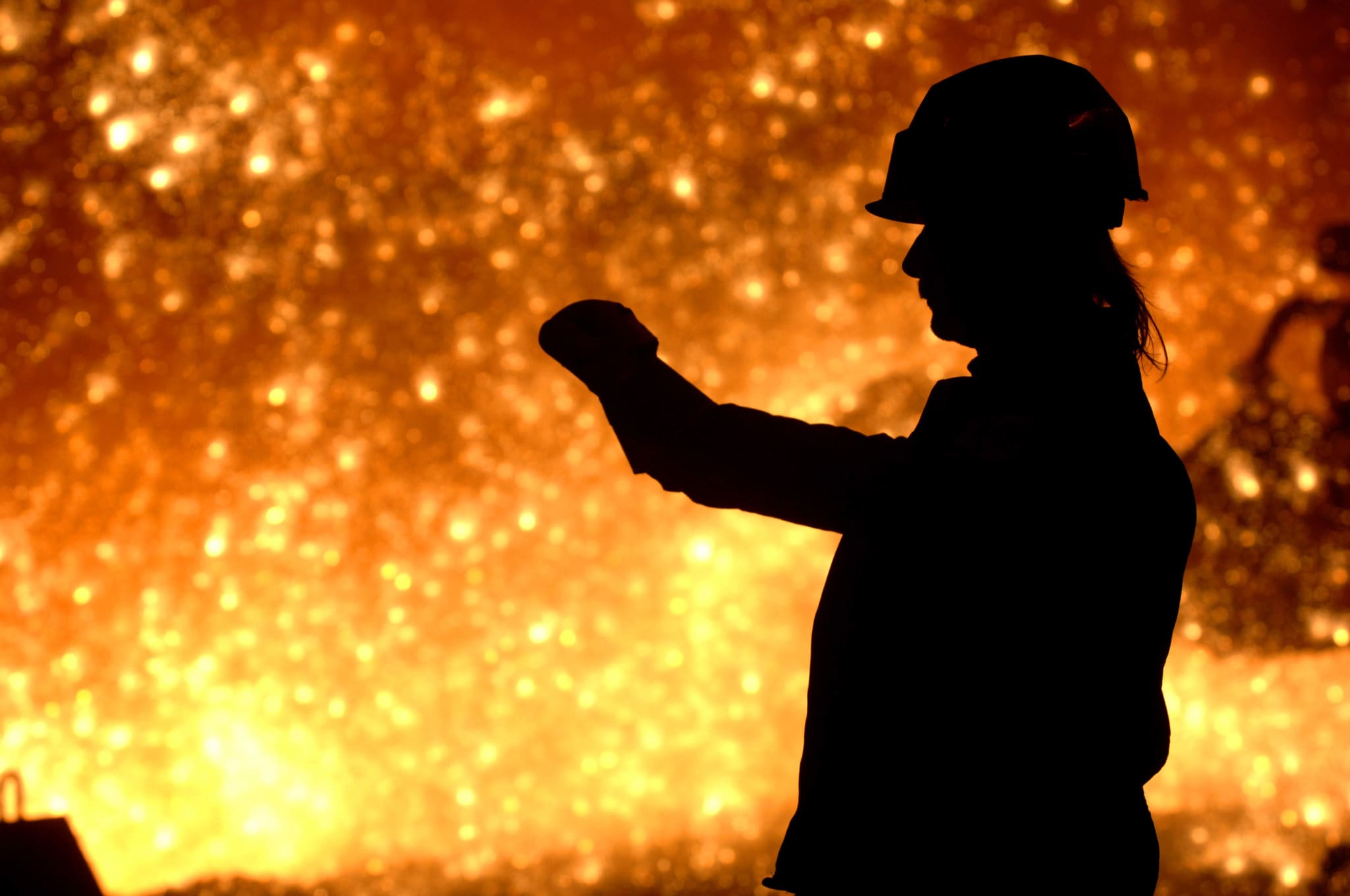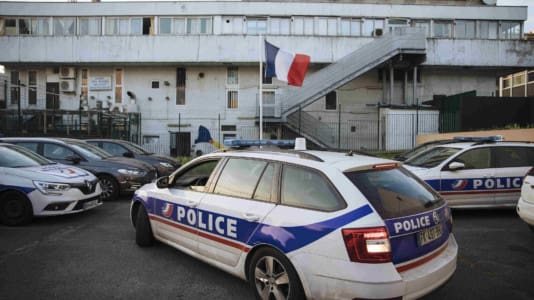The energy in crisis in Germany is turning into a manufacturing crisis, with an executive at the ArcelorMittal steel company saying that the German wing of the company can no longer compete due to soaring energy coasts.
“Production in Germany is currently no longer competitive,” said Reiner Blaschek, the CEO of ArcelorMittal Germany, which recently shut down two plants in the country. He is calling for quick political intervention, saying, “We need competitive energy prices for industry.”
Gas and electricity prices, which have soared in recent months due to sanctions and Russia’s decision to cut gas flows, have left many industrial companies with input costs too high to remain profitable, and many economic experts are forecasting further pain for Germany’s core industrial sector, which would have knock-on effects for the rest of the German economy.
[pp id=46171]
At ArcelorMittal’s steel plant at the port of Hamburg, workers are coordinating production to ensure it does not interfere with peak electrical loads — seen during the morning and evening — for residents in the city of Hamburg. The Hamburg steel plant consumes an enormous amount of energy. For example, in one of the smelters that makes crude iron, it uses 76,000 kilowatt-hours of electricity in just one hour, which is the equivalent of half a million televisions, according to German newspaper Die Welt.
“We have the gas needs of the city of Lübeck and the electricity needs of Kiel,” said Ansgar Jüchter, an engineer at the plant.
With electricity prices skyrocketing, suddenly the plant is at the mercy of the markets. It is not just about coordinating around peak electricity usage, but also around the weather. The plant can now only afford to produce steel when there is enough solar power and wind energy flowing on the grid.
However, the plant also consumes huge amounts of natural gas, and in that regard, the situation is even worse. The plant produces sponge iron inside a 60-meter tower, and the key ingredients for its production are iron ore and gas. Starting on Oct. 1, the plant will stop producing this key ingredient for the steel industry until further notice.
[pp id=48209]
In addition to the plant reductions in Hamburg, ArcelorMittal will shut down a blast furnace at its Bremen site at the end of the month, a move that has made headlines, as the steel giant is the first large industrial group to shut down production in Germany due to the energy crisis. The case shows how quickly problems at a key company can shake entire supply chains.
The steel from the Hamburg plant is used in the production of machines, cars, and ships, as well as in bridges, buildings, power plants, and pipelines. With prices continuing to climb, it is not only the steel industry at risk, but a domino effect could bring large parts of Germany’s industry offline, according to Blaschek.
“Other industrial sectors are also having major problems,” the CEO of ArcelorMittal Germany said.
Figures from the Steel Industry Association show how dire the situation is. According to the association, the additional energy costs this year will top €10 billion, which equals a quarter of the average annual turnover in the German steel industry.
Remix News reported last week that German companies are increasingly unable to access energy supplies on the market, with the Association of German Chambers of Industry and Commerce (DIHK) warning that the German economy will simply stop running if energy supplies dry up.
“More and more companies are telling us that they no longer have a supply contract for electricity or gas at all. The tap is turned off in the truest sense of the word,” DIHK President Peter Adrian told the RND newsroom. “But without energy, no economy can run.”





